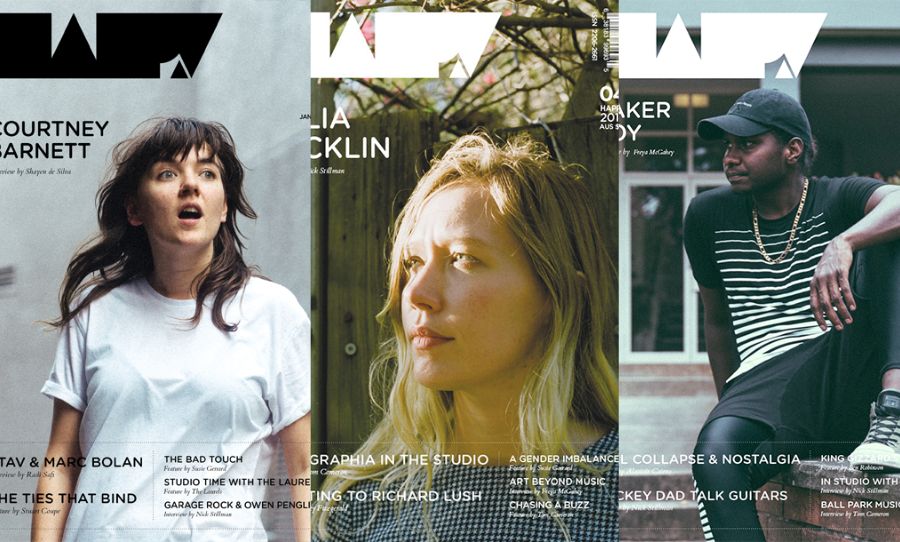Deerhunter frontman and queer rockstar Bradford Cox is not a stranger to unpredictable, impromptu stage antics. He’s previously smeared blood over his face dressed in a sundress and responded to a heckler with an hour-long rendition of My Sharona. This time, he’s engaged in a ten-minute conversation with an audience member after she yelled out “fuck you” during the Deerhunter performance at the Showbox, Seattle, last Saturday night.
The crowd member heckled Cox mid-show, accusing him of appropriating Native American culture. What ensued was a lengthy live conversation as Cox calls her to the front and hands her the mike. The exchange was confirmed by a fan mail to Stereogum, and videos of their very public discussion have popped up online.
“You’re appropriating Snoqualmie culture”. Bradford Cox stops Deerhunter gig and responds to heckler’s accusation with ten-minute live conversation on stage.
“You’re appropriating Snoqualmie culture,” she accuses, after Cox had apparently shared his admiration for David Lynch’s hit tv series Twin Peaks, and said on stage that he was planning on staying in North Bend so he could explore Snoqualmie – where much of the series was shot – the following day.
In response to her statement, Cox hushes the audience, defends her right to express her views, and repeatedly expresses his interest in what she has to say. He asks “is there something about North Bend that I should know? I’d like to hear it.” The audience member refuses him, saying “Why should I, as a person of colour, have to tell you about it?”
“So that I can empathize and relate to your point,” Cox answers.
“Listen, ideas are traded between cultures through communication, not by insulting and yelling ‘fuck you’ at people,” the frontman continues. “I have no interest in appropriating any body’s culture. I have been marginalised my entire fucking life…marginalised by heteronormative culture, marginalised by socioeconomic situations, marginalised by being differently-abled.
“What is your assumption about my life that makes you think that I am somehow privileged or I represent someone appropriating your culture? I believe that you have a very good point that you’re not going to share with me out of arrogance.”
The heckler refuses again to answer his questions, to which he adds, “I’ll do the research, but without having the idea of your perspective, it’s impossible for me to relate, to understand, and to know that there’s even research to do.”
“You obviously, as a white person, male,” the heckler then said, before Cox interrupted, asking: “Did you just call me male? I don’t even know that you can assume my gender, my friend.”
The dialogue ends with Cox frustrated at how he is still a “white male oppressor” even after trying to give voice and a platform to the marginalised. There are equally eloquent and messy pieces in this conversation, which you can listen to for yourself in full in the link below.




